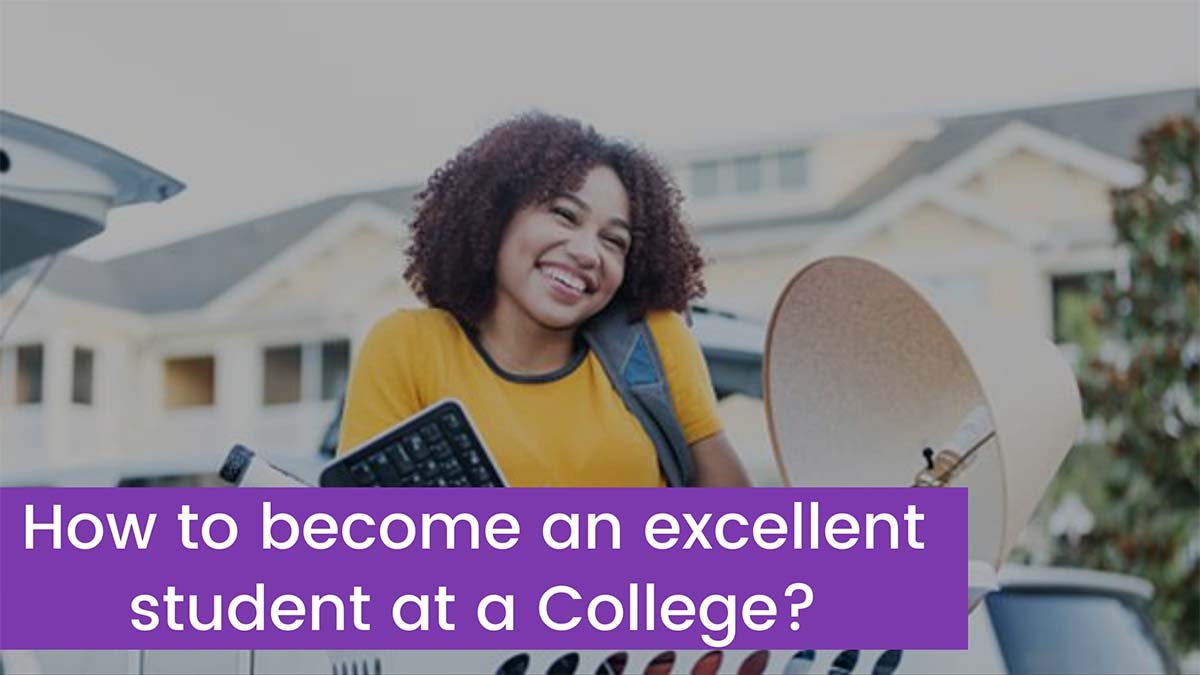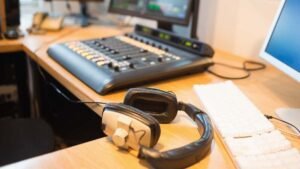I’ll tell you one seditious thing. It doesn’t matter what grades you get. It doesn’t matter at all how you study – whether you attend all classes or appear at the university once a month, pass tests and exams. It is way more important to understand that you have chosen the right profession. The rest will follow. As a student, I did not attend all the lectures, but when I did I listened to every word during the lecture, so when I needed to write my paper for me, it was very easy.
A university is not a school. There are different approaches to learning, no one will monitor whether you go to all classes, no one needs your A’s. After you get the coveted di8ploma, you will find yourself in a completely different world. After graduation, in this “adult world”, experience, qualifications, and finally, real knowledge and skills are valued. The employer doesn’t give a damn about your grades. Even more – on your attendance and zeal for study.
So It Worth It To Become An Excellent Student?
Oddly enough, there is.
Firstly, you gain more knowledge and master more skills than anyone else.
Secondly, you get attention. Not just from other students or teachers. The status of an excellent student opens up new prospects. You can easily get a job at a university and work in a trade union, in one of the departments, even in the dean’s office. And exams are easier for you.
That’s not all. You may be recommended to an employer in the future, and you will start your career without much difficulty.
And, thirdly, you will develop the habit of doing any job in full force. This is appreciated in any field.
So How To Become An Excellent Student?
A lot depends on when such a desire appeared. It will be easier for an excellent student at school who has just entered the university to continue his brilliant “career”. A slob who walked all the way to the equator is much more difficult. Well, it hardly makes sense to change the approach to studying in the fifth year.
If you’re a freshman…
Remember the main thing: the first exam period is the most important. And, perhaps, the very first exam. Very few teachers do not look at the previous pages of the test and judge only by knowledge.
Keep in mind, you need to show yourself in all its glory in the first year. The teacher is not a psychologist, he does not want to study your ulterior motives at all. He is not a school teacher who will pull you up, no matter how badly you do. And not a parent who cares how you study. If the teacher has a stereotype, it will be difficult to change it.
So, here are some tips for you that will allow you to pass the first exams:
- Try to attend ALL classes. I know it’s difficult. As soon as you realize that no one cares if you are sitting at a lecture or not, it will be difficult for you to force yourself to wake up and go to university by eight in the morning. However, it is necessary. First of all, you won’t miss anything the teacher says. Secondly, you “get used to”. You will be noticed, especially if you are sitting in the front rows. Thirdly, many teachers still note those present. Especially at seminars and practical classes.
- Be prepared for seminars a little better than the teacher requires: study additional literature, ask interesting questions, show that you know more. And anyway, just get ready. You will then see that most of the students do nothing at all, and your efforts will be rewarded as they deserve. Remember: In the first weeks, everyone is preparing, but by the middle of the semester, some of them are eliminated. You will succeed if you just keep practicing.
- Take on extra work. They offer to write an essay and choose volunteers? Be in the forefront! Are they asking you to prepare a presentation for the seminar? Feel free to raise your hand! The main thing is to fulfill the obligations assumed. There’s nothing worse than volunteering and not doing anything.
- Start preparing for exams from the very beginning. Do not limit yourself to cramming lectures and textbooks. Read additional literature, solve problems, train. A competent teacher will never give an “excellent” for a lecture simply learned by heart. You need to understand what you are going to talk about in the exam. This is important.
- Practice an individual approach. You probably won’t be able to immediately understand whether it will be easy on the exam. Look closely. If the teacher is strict, you will have to concentrate on his discipline. But keep in mind, loyalty can be a trap. Some teachers are willing to put up with absenteeism and lack of notes, but they will demand everything in the exams.
- Pay maximum attention to the first exams. If you perform well on the first exam, do not be discouraged: you can still fix the situation. If you are not satisfied with the assessment, feel free to ask for a retake.
For Those Who Decided to Be a Great Student In The Third Year…
Excellent students most often become in the first year. But it also happens otherwise. Here you studied somehow – just to avoid being kicked out, managed to take tests, understood that there was no point in trying anyway, and then decided to fix the situation. How to do it?
Start with the new semester. From the very first days. Fix attendance, start reading, taking notes, working at seminars. The teachers will appreciate it.
Take a sabbatical. Sometimes rest helps to tune in. And the teachers will think that after the vacation you have changed your approach to studying. The chance of getting “excellent” instead of “satisfactory” will increase. The main thing is to achieve this with knowledge.
Become Irreplaceable.
Victories in sporting achievements, scientific work is, first of all, the prestige of the university. If you contribute to this, you will be noticed in the dean’s office. This will help. The most difficult thing is to get involved in the work.
Nothing may work out the first time. Don’t expect to go to “excellent” straight away. Start gradually, and in a year you will see the results.
What if…
…with all your efforts, nothing will come of it?
Do not despair. Remember: it’s not what grades are that matters, but what you get from your education.
Is it Useful For a Student to Read?
A book is a source of knowledge, a friend, a teacher of life. And believe me, people who like to read (and not only reports from social events or criminal chronicles) are different from those who are not friends with the book. These differences are not so obvious at first glance, but psychologists have long found out that reading is useful, especially for young people.
Why Does a Student Need a Book?
Scientists claim that reading is a necessary and meaningful process at all stages of personality formation.
Its benefits are huge because the book helps:
- increase a person’s vocabulary and teach them to express their thoughts clearly with a word;
- communicate with people;
- gain confidence, because erudition and knowledge allow us to easily prove our point of view;
- improve memory and develop thinking;
- become creative people for us, because it often generates creative ideas;
- distract from negative thoughts and relieve stress.
By reading, the student expands his horizons and learns something new for himself, learns to analyze actions and evaluate results. And the process of reading brings aesthetic pleasure and becomes an important part of the spiritual and cultural improvement of a person. That’s why it’s safe to say that a reading student is a harmonious and purposeful person.
Paper or Tablet – Which is Better?
A student’s life is always eventful, and it is quite difficult to find free time to chat with a book.
Accessibility and quick receipt of information – that’s what a modern young man needs today. That is why electronic media increasingly occupy leading positions in the student environment.
Electronic libraries for students are becoming increasingly popular today. No need to waste time searching for the right book, its electronic version will be found on the Internet in a matter of seconds. In addition, a good book costs a lot of money, so it is simply problematic for a student to buy it in a store because of the eternal financial problem.
However, those who claim that reading ordinary books, magazines, and newspapers is much more useful are also right. After all, the human eye perceives information printed on paper better than that on a computer monitor. In addition, when “absorbing” paper sources of information, the eyes are not so tired and the reading speed increases.
In general, how to read is a matter of taste. Many of their extraordinary thoughts come to mind after reading the brilliant thoughts of other people. Therefore, to become a bright and interesting person, you need to be friends with a book. And whether it is electronic or paper – it’s up to you. Make it a rule to read 10-15 pages of useful information a day. And you will soon really understand why the book is called the “teacher of life”.




